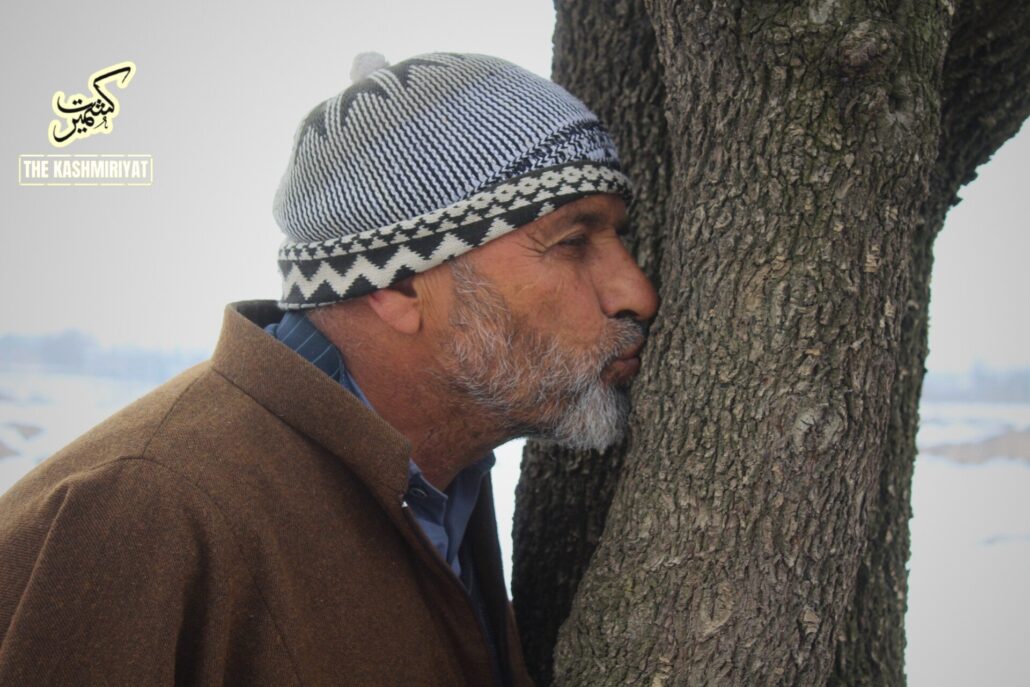
Apple growers and residents of Newa and its neighboring villages in South Kashmir’s Pulwama district have written to Prime Minister Narendra Modi, urging him to reconsider the plan to acquire 5,000 kanals (625 acres) of fertile horticultural land for a National Institute of Technology (NIT) campus.
In their letter, the locals acknowledged the value of premier institutions like NIT, stating, “We are not against progress or development.” However, they warned that this particular decision could devastate the region’s horticultural economy, livelihoods, and cultural identity.
The letter highlighted the crucial role of the apple industry in Kashmir, calling it “a lifeline that sustains millions across India.”
They emphasized that the industry aligns with PM Modi’s vision of making India the world’s largest apple producer, and cautioned that acquiring fertile land for the NIT campus would “derail this progress and cause irreversible damage to our economy and ecology.”
The growers also projected the economic loss from this move, estimating that the land could generate Rs. 1500-2000 crore in revenue over the next decade. They warned,
“Thousands of families who depend on orchard farming, transportation, and trade will face severe hardships if this fertile land is repurposed.”
Beyond economic concerns, the letter pointed out the environmental risks of removing the orchards, which help conserve soil, water, and biodiversity.
They cautioned that “destroying these orchards will lead to ecological degradation, worsening the effects of climate change in Pulwama.”
The apple growers proposed an alternative solution, urging the government to identify barren or non-agricultural land for the NIT campus.
“We support the establishment of educational institutions, but not at the cost of our fertile lands and the livelihoods of thousands of families,” they reiterated.
The letter concluded with an appeal to PM Modi’s commitment to inclusive growth: “We trust in your leadership and urge you to protect Newa Pulwama’s horticultural heritage while ensuring sustainable development for the region.”
The growers expressed hope that their plea would be heard, emphasizing the need to prioritize the preservation of Kashmir’s fertile land, economy, and cultural legacy.




